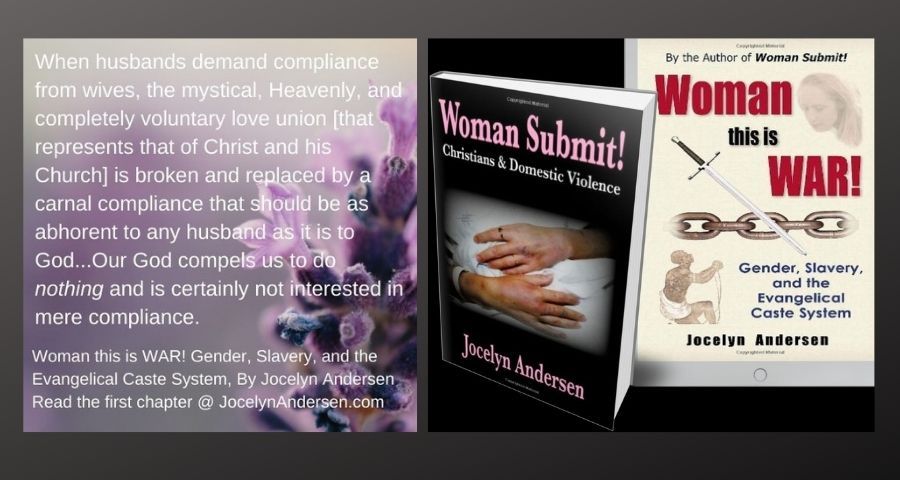The words, man, men, and mankind, are commonly used to describe
all people—Including women. And it is a rare voice that is raised to counter
this lingual bias against the physically weaker sex.
In biblical usage, the Greek word, aner [G435], meaning: husband; man; or men, is also translated, almost 100% of the time, as "men," even when it is obviously used to describe mixed crowds of people composed of both women and men.
Thayer provides an interesting commentary on the word, aner, explaining how a word that is supposed to refer exclusively to males can also be used to describe females.
The Bible commentator, Thayer, was from a time when political correctness did not exist, so he had no problem with "telling it like it is" on the subject of women. But the acceptance of modern commentators and Bible translators, in applying an ancient Greek custom (concerning how the word aner should be used) to Bible translation, underscores the present-day pervasiveness of translator and Bible commentator prejudice against women, and the need to question their interpretations and translator word choices.
We understand the Greek language—like all languages—Is androcentric, and that language and hermeneutics powerfully influence and re-enforce ideas and attitudes—even wrong ones. These have both been used to keep women hidden in plain sight through-out recorded history.
But it is time to bring this medieval institution to a halt, no matter how the practice is justified.
Thayer explained why the Greeks called women men: "When persons of either sex are included [in the group], [they are] named after the more important."
That is what the ancient Greeks did. The majority of English Bible translators follow suit to this day.
Isn't it time to to remove the cloak of invisibility—take off the burqa so to speak—from women in our language, Bible translations, and hermeneutics?


No comments:
Post a Comment